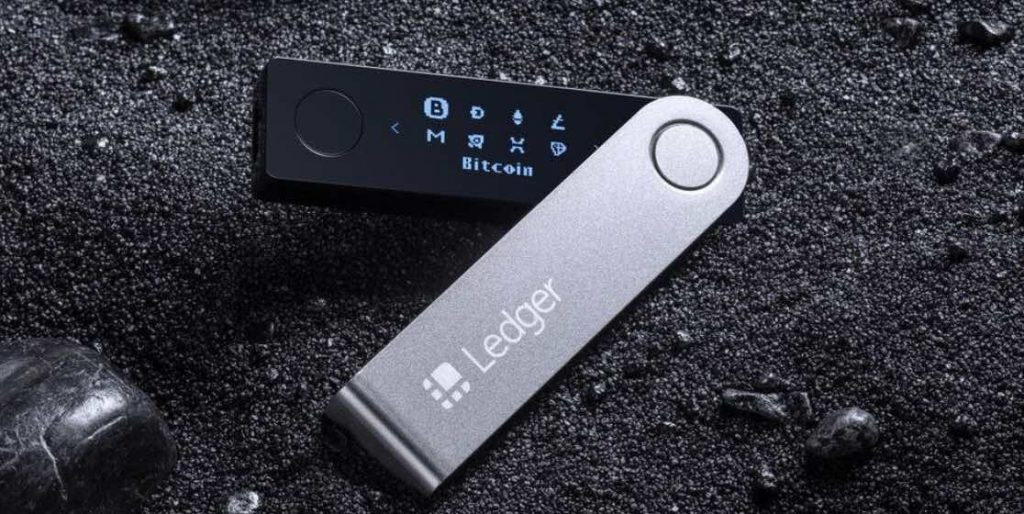Last Updated on January 22, 2022
Custodial wallets hold the private keys on behalf of the wallet’s owner, which makes them less secure as users need to trust the wallet provider. The El Salvadorian government has adopted Bitcoin as a legal currency, it maintains custodial wallets for all citizens. Examples: Coinbase, Voyager, KuCoin, BlockFi, Gemini, Binance.US
Hot wallets are on the internet, are less secure and prone to hacking. These are non-custodial, so the owner is completely responsible for its security. Hot wallets are connected to the internet, so users carry the risk of online exposure to hacks, phishing and other fraudulent behavior. Example: Opera Browser, MetaMask. Watch this excellent video with an in depth analysis of MetaMask.
Opera Browser is coming with a browser based (hot) wallet.
Cold wallets or Hardware wallets use a physical medium — a USB stick — to store the wallet’s private keys, making them de facto unreachable to hackers or other malicious parties. Examples: Ledger, Trezor

